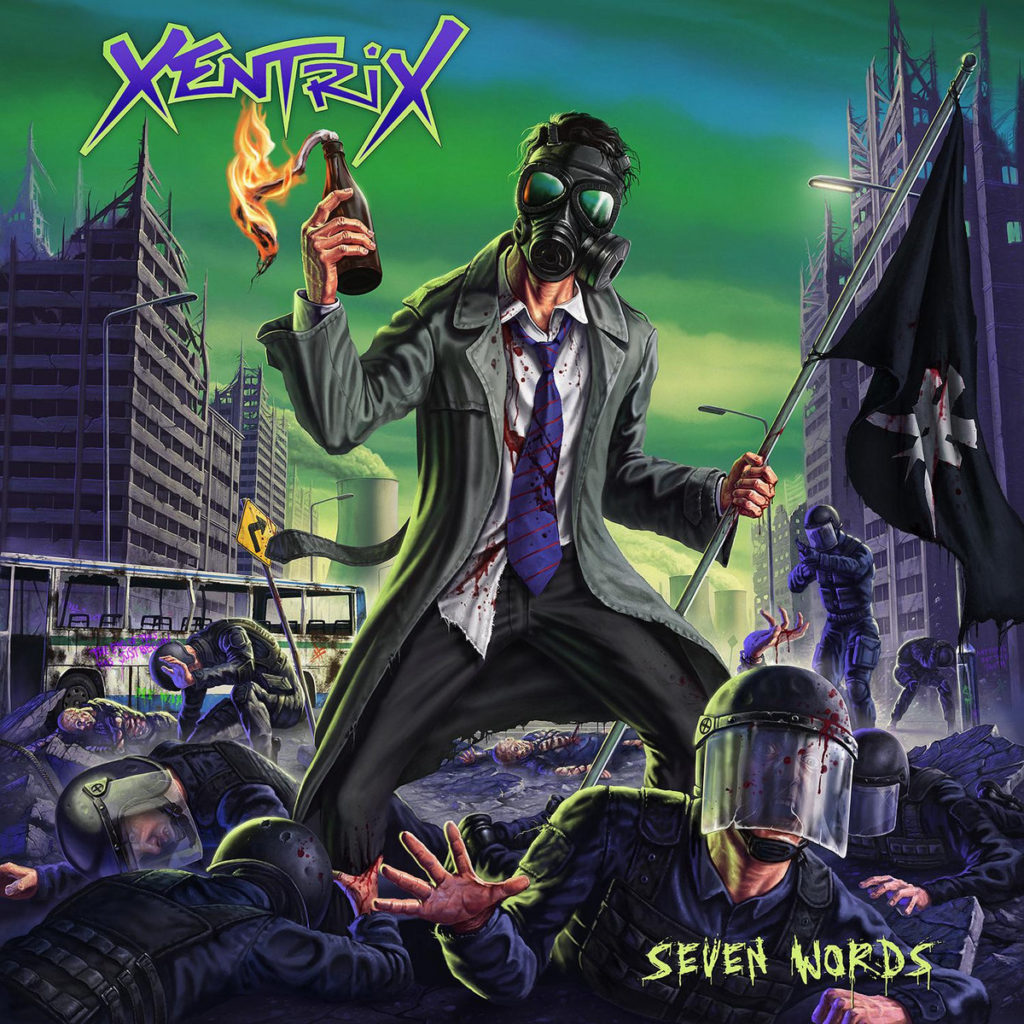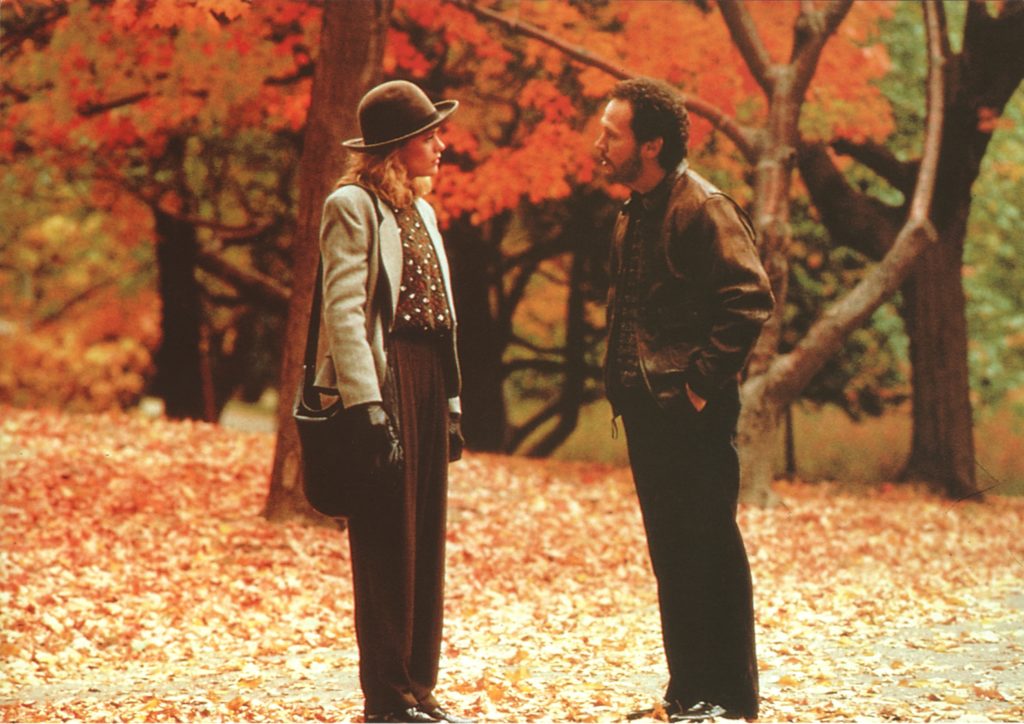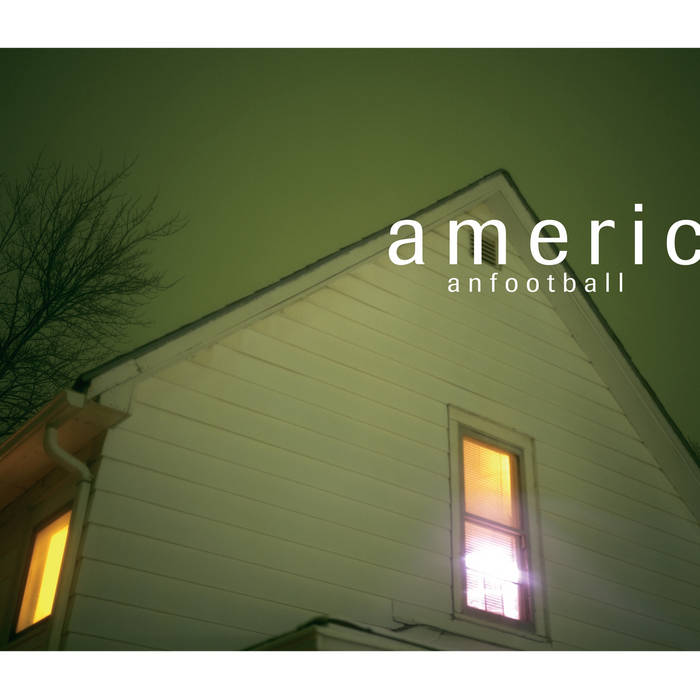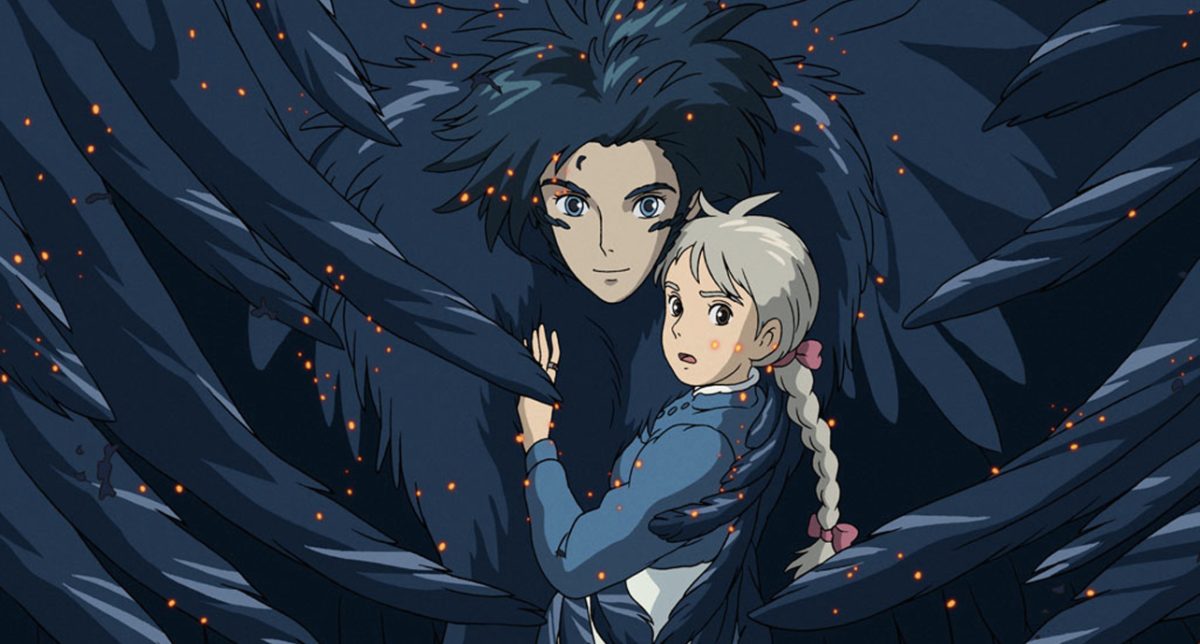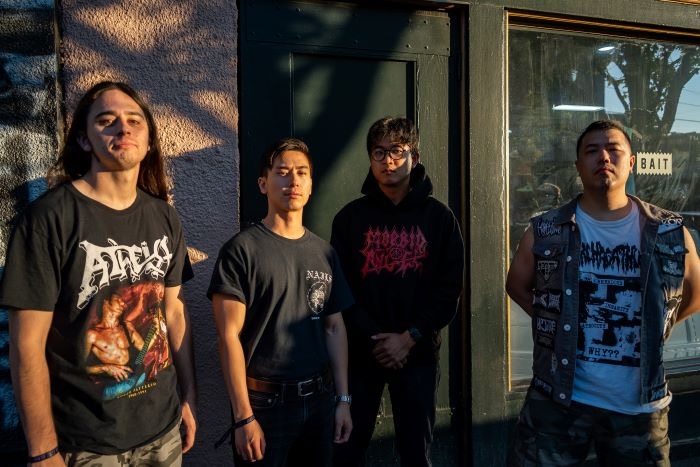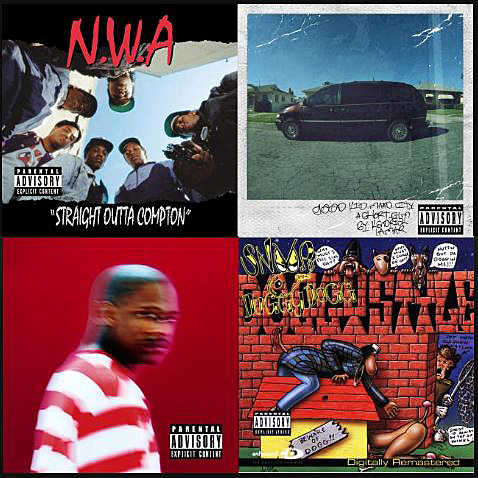Even in its mid-to-late-1980s golden age, thrash metal really got the short end of the stick in the UK. Finding itself chronologically sandwiched between England’s more iconic pre-thrash heavy metal and post-thrash death metal scenes, thrash never got the chance to truly flourish.
In spite of its brief period in the spotlight, the UK was host to countless underground acts that persisted through obscurity; one of the most iconic bands of this forgotten scene was (and still is) Xentrix.
Compared to their peers, Xentrix’s musical style was closer Bay Area-style power thrash; a lot of thrash bands are speed demons that really struggle to make mid-tempo songs captivating, but Xentrix thrives here. But on the basis of its more leisurely pace, they were unfairly labeled a “poor man’s Metallica.”
Fortunately for Xentrix, they began releasing albums around the same time that Metallica began moving away from punchy thrash metal and towards a more radio-friendly sound.
Xentrix’s 1989 debut, Shattered Existence, was a very respectable, albeit unexceptional power thrash outing. There certainly wasn’t anything to complain about, it just came out too late in thrash metal’s lifespan to break the mold. Still, it delivered a few stand-out tracks, and is an absolute essential for collectors.
Speaking of essential albums, Xentrix would drop an ambitious follow-up less than a year later, with the cult-classic For Whose Advantage?.
Being released in 1990, a time when death metal was the exciting new kid on the block, Xentrix unapologetically stuck to their guns and released a profoundly old-fashioned album with little regard for trend-chasing brutality.
It was more technically proficient, more melodic, and tackled more profound topics, such as economic exploitation and the then-young Neoliberal movement.
“For Whose Advantage?” is a very slick, stylish evolution of the band’s first album, and a personal favorite of mine… even if the best songs are all front-loaded onto the A-side.
But even the most ornate flowers will wither with time and with the turn of the decade, mediocrity was on the horizon.
A band’s third album is often an inflection point, where they choose between the simplicity of their debut and the ambition of their sophomore album. While Xentrix didn’t completely drop the ball with 1992’s “Kin”, they did fumble it.
The blowout smash success of Metallica’s 1991 self-titled album sent shockwaves throughout the metal industry, and countless bands- Xentrix included- followed suit, sanded down their thrashy songwriting into simplified, radio-friendly heavy metal.
“Kin” isn’t a terrible album, but it did undermine the street cred that Xentrix had built up over the prior albums. The band would break up in 1997, shortly after a forgettable fourth album flopped, an undignified end for a classic band.
But after 16 years of dissolution, and another five of periodic live performances, Xentrix triumphantly returned with 2018’s “Bury the Pain”, to a resounding “yeah, it’s pretty good, I guess.”
As exciting as it was to see such a beloved legacy act release new music, it honestly sounded like a band coming out of hiatus. On top of that, Chris Astley- the original vocalist- didn’t return. His replacement, Jay Walsh, does a good job filling in, but Astley’s voice is so iconic that anyone else just feels like a temporary substitute.
Four years later, Xentrix delivers “Seven Words”, this time with Chris Astley reprising his role. Decades of hiatus usually take a toll on singing voices, yet Astley’s iconic full-chest bellow has somehow aged almost perfectly.
But Astley’s contribution to the band was more than just his voice; as a guitarist and songwriter, he was a major contributor to the band’s iconic sound, so his return reinvigorates the band’s riffs, bringing this material closer to their classic sound than ever.
That’s not to say “Seven Words” is a complete retread of familiar ground. A handful of tracks, such as “Spit Coin” and “Reckless with a Smile” pick up the pace with a more refined technical flair.
No sense beating around the bush: I really loved this album. It’s a once-defunct legacy band in peak form, revisiting a classic sound with a few new tricks. 2022 has been dominated by death metal releases, so it’s refreshing to hear some old-school thrash this year, especially from such an criminally underappreciated band.
I typically don’t write about music I don’t recommend, but- of all the albums I’ve discussed this semester- I think “Seven Words” is the most beginner-friendly, and “For Whose Advantage?” is just as highly recommended. Check ‘em out, and name-drop Xentrix to impress your metalhead friends.

